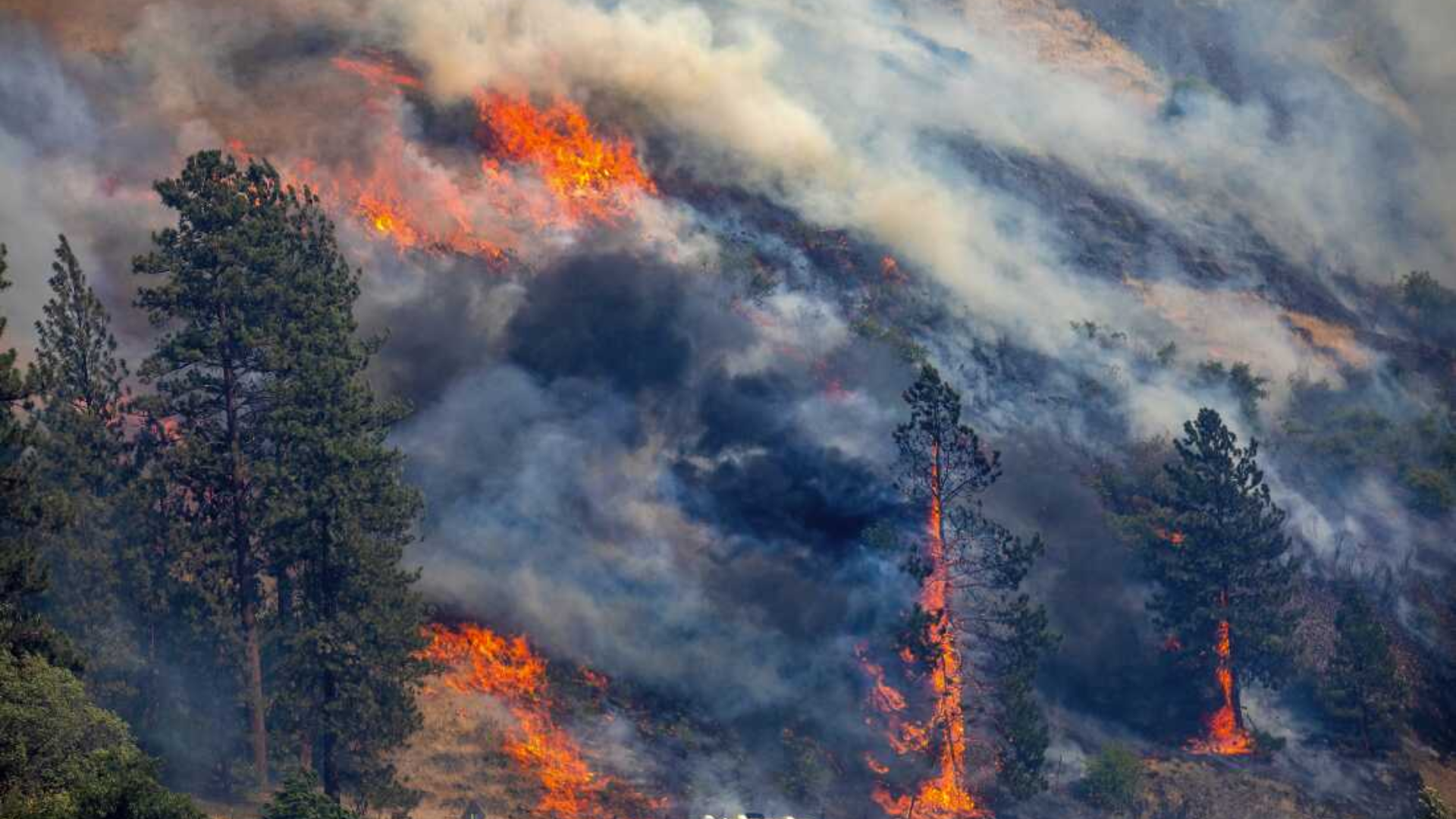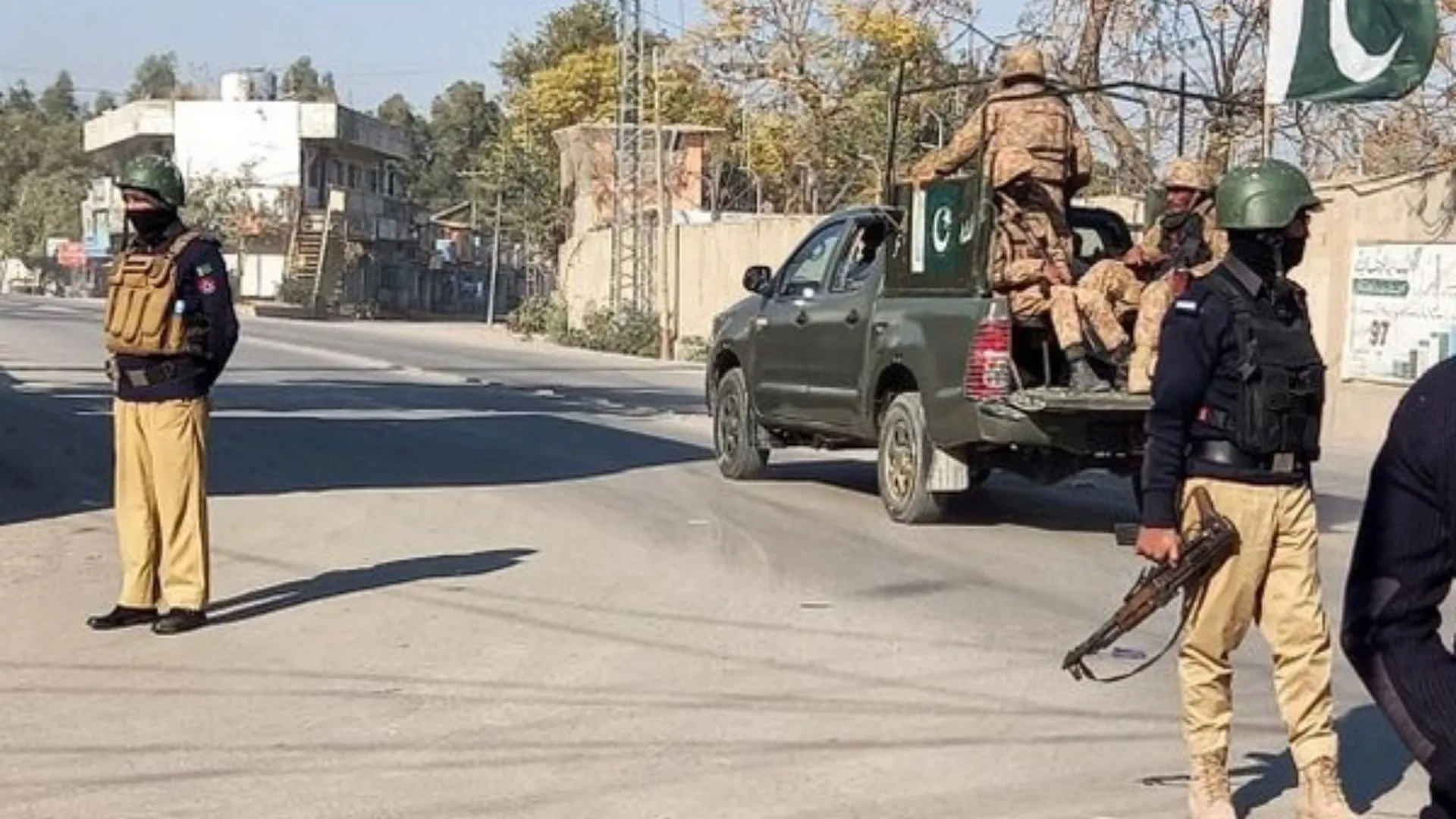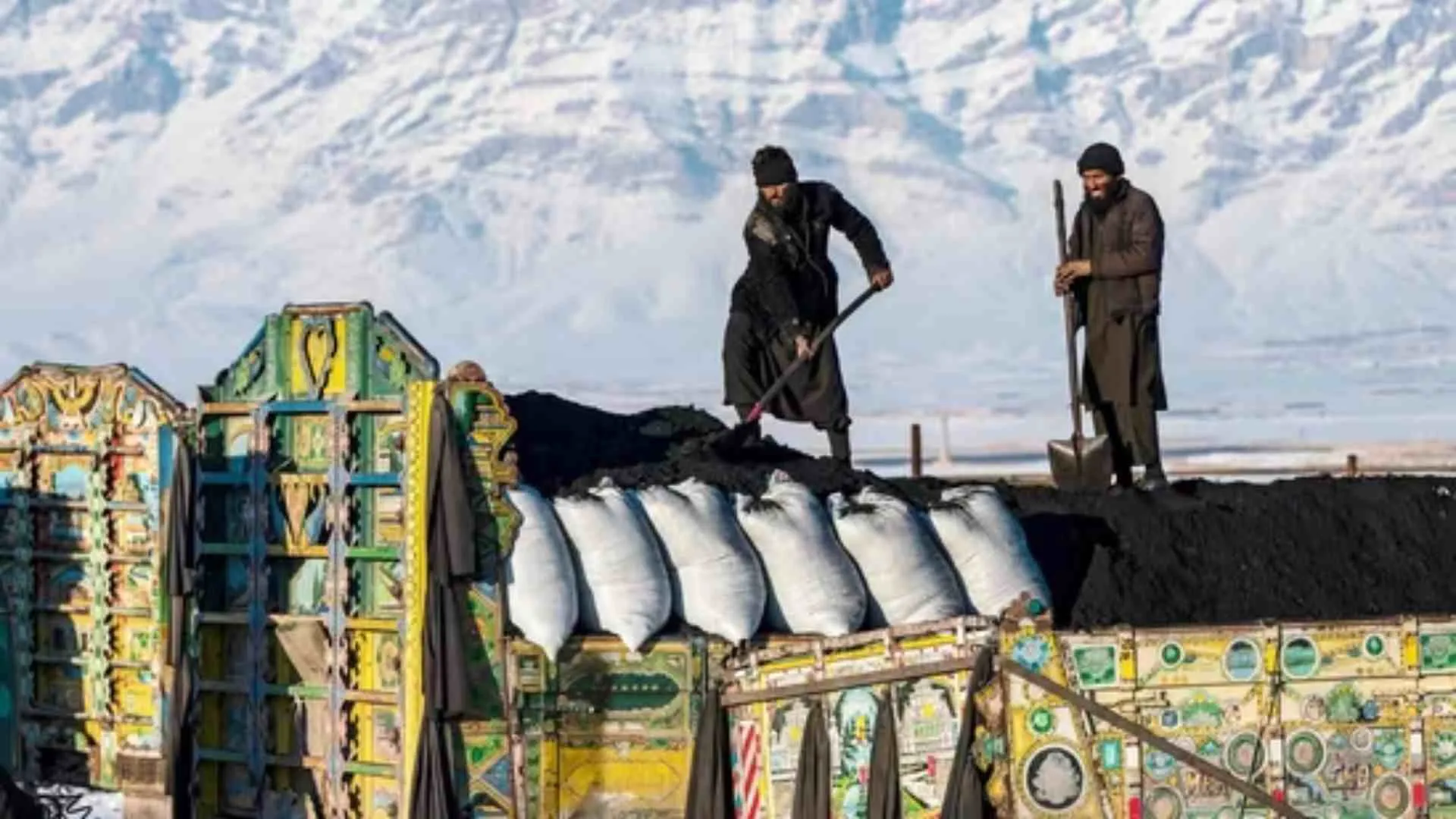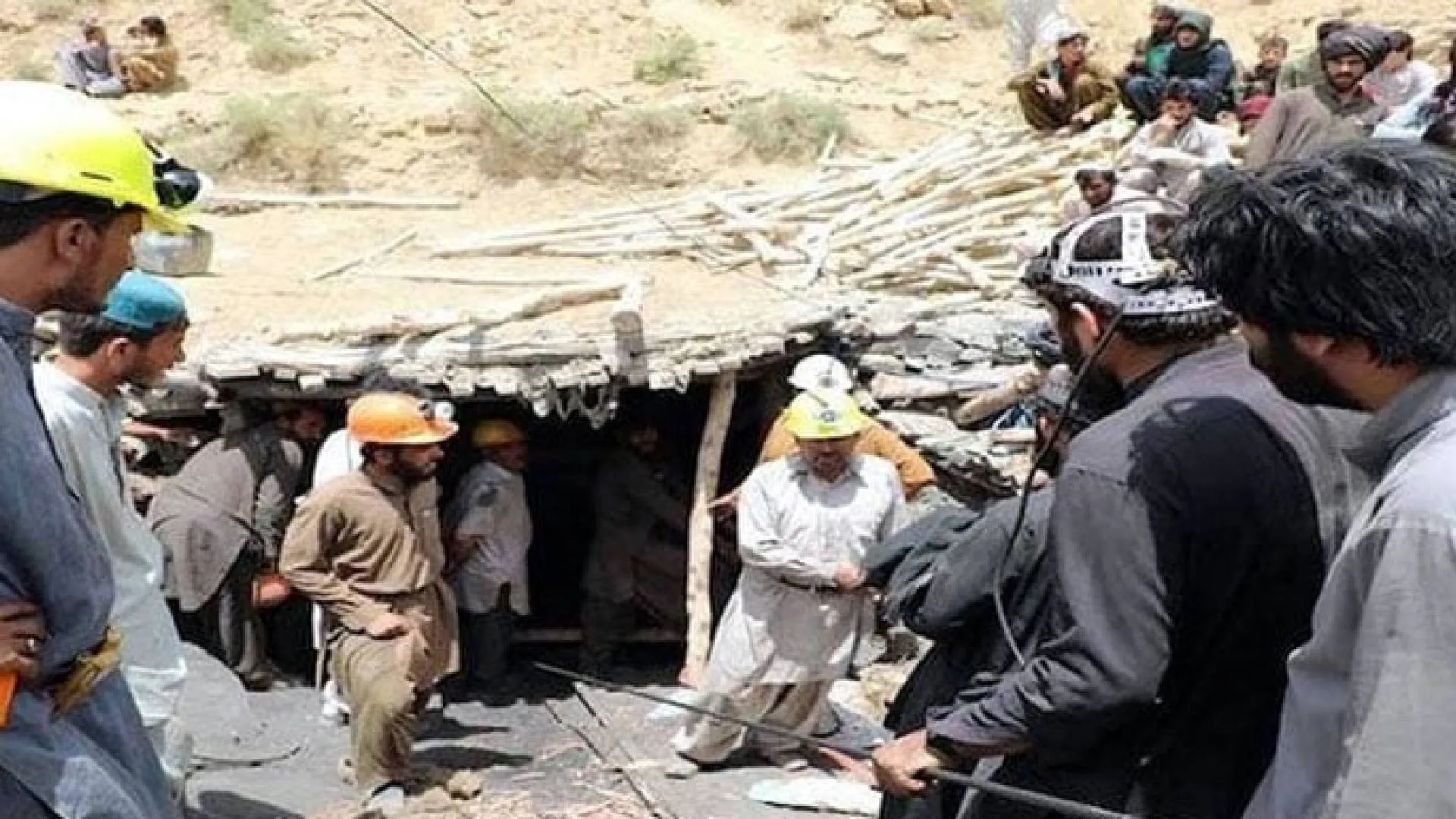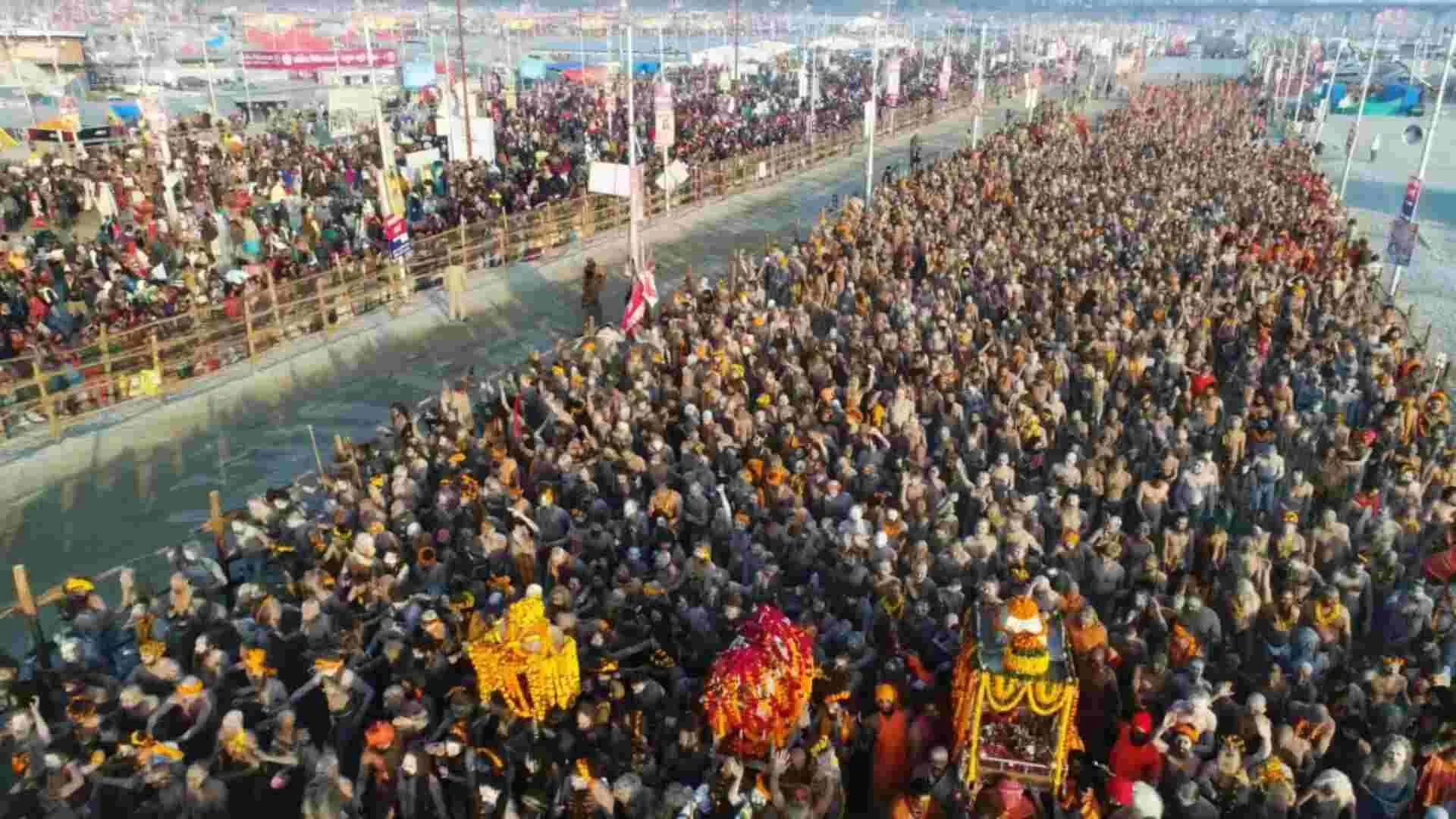The Western United States is once again facing severe wildfires, with California particularly hard hit by some of the largest and most destructive blazes in recent history. A combination of human activities and natural factors is exacerbating these devastating fires, which have consumed thousands of acres.
In Northern California, the Park Fire has rapidly emerged as one of the state’s largest wildfires this year. The blaze, reportedly ignited when a man allegedly pushed a burning car into a gully near Chico, has scorched over 368,000 acres (148,924 hectares) as of Monday, according to Cal Fire. The fire has destroyed more than 100 structures and poses a significant threat to numerous communities, including Paradise, a town still recovering from the 2018 Camp Fire, which claimed 85 lives and destroyed 11,000 homes.
Nearly 4,800 firefighters are battling the Park Fire, with containment efforts currently at 12 percent. Despite cooler temperatures and higher humidity on Monday, conditions remain challenging. “We’re still in for quite a firefight today,” said Dan Collins, a Cal Fire captain, highlighting the day’s expected high temperatures in the upper 80s with around 25 percent humidity, according to Reuters.
The rapid spread of the fire has been alarming, doubling in size from Friday to Sunday. The blaze has darkened skies and led to poor air quality across Northern California, affecting the health and safety of residents. As the region grapples with these severe wildfires, the need for effective firefighting efforts and preventive measures has never been more urgent.

